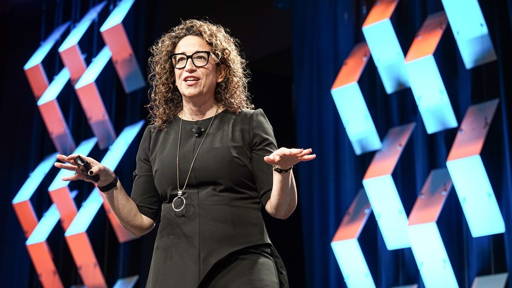DeepMind, an artificial intelligence unit, will use the data of up to a million eye scans to train its computers to identify eye defects, writes Bloomberg. The ultimate goal is to give doctors a digital tool that can read an eye-scan test and recognize problems faster. According to a statement by DeepMind, earlier detection of eye disorders related to diabetes and age-related macular degeneration can help doctors to prevent loss of vision in many people. The pilot project is conducted in collaboration with Moorfield’s Eye Hospital NHS Foundation Trust.
Google acquired DeepMind in 2014 to expand its artificial intelligence capabilities. It specializes in machine learning, the increasingly important area of technology where algorithms allow computers to learn and figure things out on their own.
Google acquired DeepMind in 2014 to expand its artificial intelligence capabilities. It specializes in machine learning, the increasingly important area of technology where algorithms allow computers to learn and figure things out on their own.








